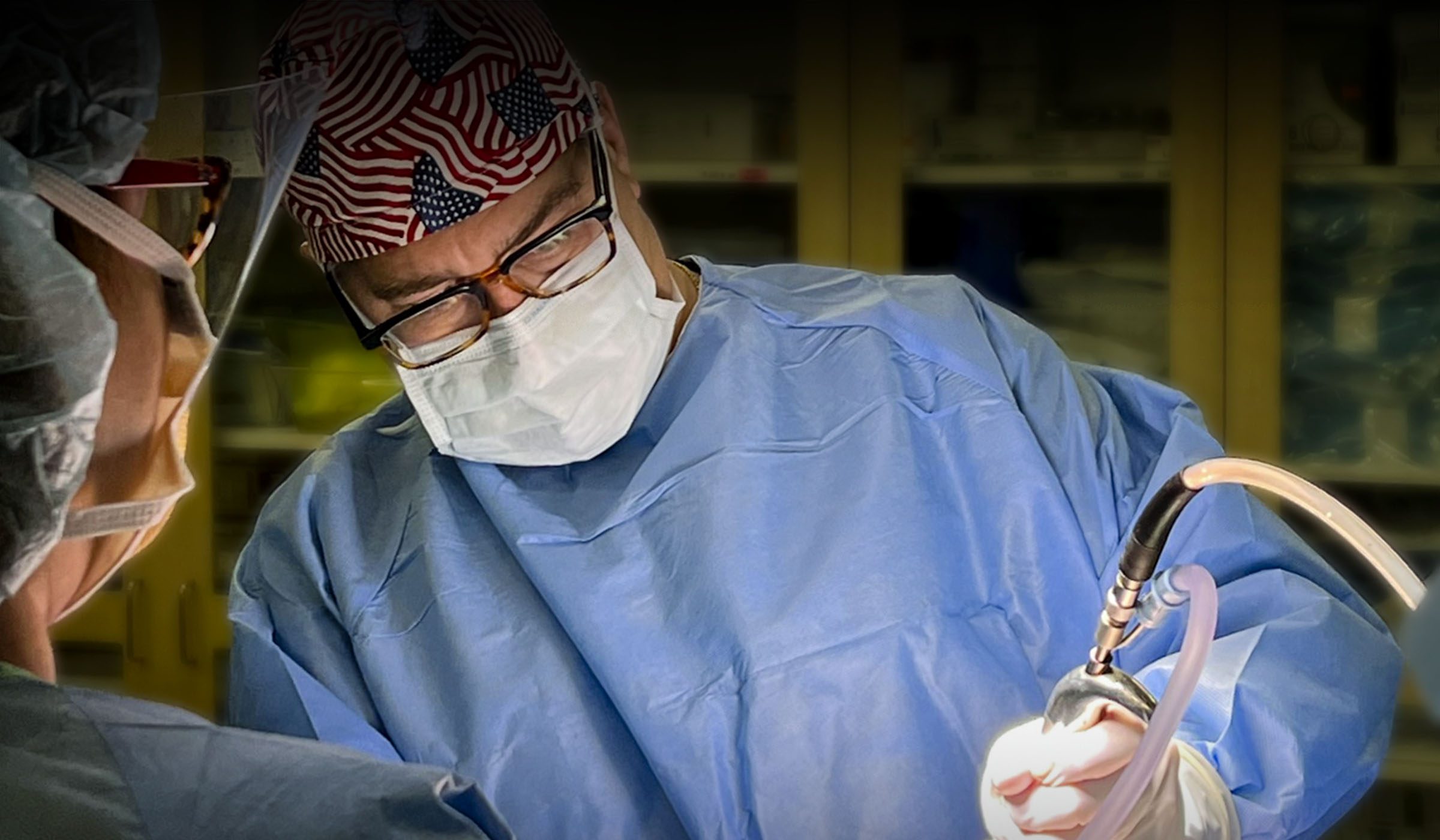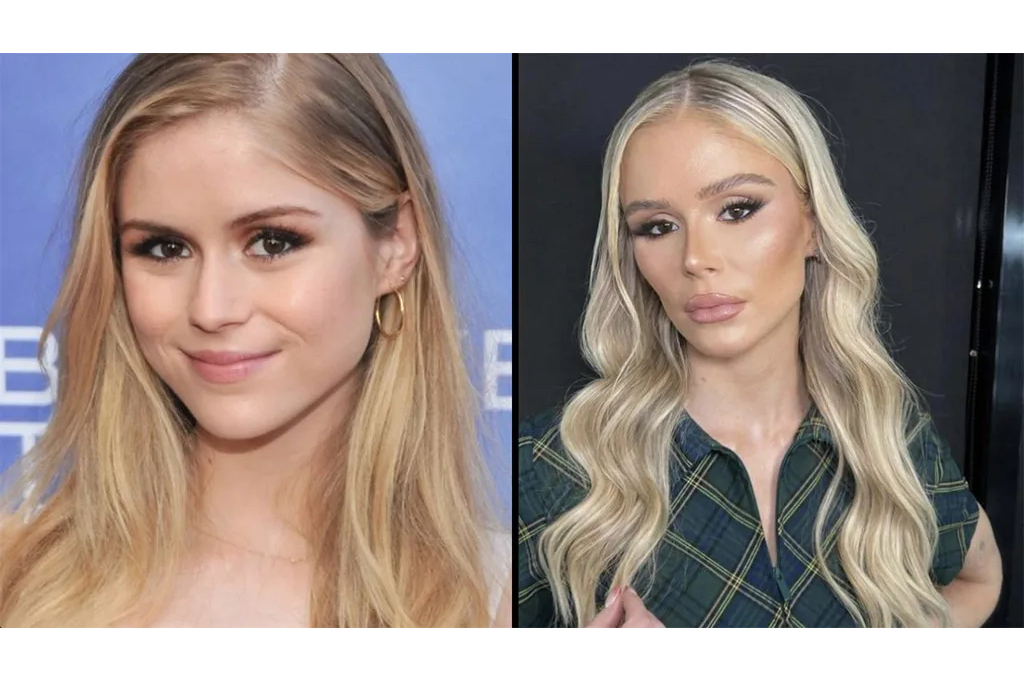Plastic Surgery Rancho Cucamonga: Boost Your Self-confidence with Custom-made Aesthetic Therapies
Plastic Surgery Rancho Cucamonga: Boost Your Self-confidence with Custom-made Aesthetic Therapies
Blog Article
Investigating the Emotional and Social Aspects That Drive People to Consider Plastic Surgery as a way of Enhancement
The decision to seek plastic surgery often extends past plain visual appeals, intertwining with mental and social characteristics that warrant detailed examination. Elements such as self-worth, prevalent societal charm criteria, and the prevalent impact of social media sites merge to shape specific inspirations for medical enhancement. As these impacts end up being significantly noticeable, recognizing the underlying cultural and emotional contexts is essential. What stays to be discovered is the profound impact these aspects have not just on personal identity but likewise on wider societal standards and worths surrounding elegance and acceptance.
The Duty of Self-worth
Self-confidence dramatically influences a person's choice to go after cosmetic surgical treatment. Individuals with reduced self-confidence frequently perceive themselves in an unfavorable light, bring about sensations of insufficiency regarding their physical appearance. This unfavorable self-perception can drive them to look for medical treatments as an approach of boosting their self-image. The desire for improvement in one's appearance is frequently linked to an idea that such adjustments will certainly elevate their total self-worth and self-confidence.

Ultimately, the function of self-esteem in the decision-making procedure concerning cosmetic surgery highlights the intricate interaction in between body picture, personal contentment, and psychological health. Comprehending this relationship is critical for health care specialists to make sure that individuals are making informed decisions rooted in practical expectations and psychological wellness.
Societal Charm Requirements
Influenced by pervasive media portrayals and cultural narratives, societal charm criteria play a crucial role in shaping individuals' perceptions of their very own bodies. These standards are often defined by an idealized type of charm that emphasizes attributes such as slimness, youthfulness, and symmetry. As these ideals are continued via different networks, consisting of marketing, film, and television, people often internalize these messages, bring about discontentment with their natural look.
The ramifications of these societal norms prolong beyond visual choices; they can influence self-confidence, psychological health and wellness, and social connections. People that regard themselves as falling brief of these criteria might experience sensations of inadequacy, prompting a desire for cosmetic surgical treatment as a method of achieving societal authorization. This search is typically sustained by the belief that adapting these ideals will improve not just physical look however likewise social standing and individual gratification.

Influence of Social Network
The effect of societal appeal requirements is more enhanced by the increase of social media platforms, where curated images and idyllic representations of beauty are common. Users are constantly subjected to filtered and edited photos, which typically illustrate unattainable physical features. This direct exposure cultivates a culture of comparison, leading individuals to assess their very own appearance versus these usually impractical criteria.
Social media influencers and stars regularly promote cosmetic treatments, normalizing the concept that medical enhancements read what he said are a feasible means for accomplishing social suitables (plastic surgery rancho cucamonga). The exposure of these improvements can produce an assumption that undergoing cosmetic surgical treatment is a conventional practice, consequently influencing people to take into consideration similar interventions as a path to boosted self-esteem and social approval
Furthermore, the interactive nature of social media sites enables instant feedback with sort and comments, better enhancing the need to satisfy popular elegance requirements. Such interactions can exacerbate feelings of inadequacy and drive people towards plastic surgery as a way of acquiring validation. Ultimately, social networks plays an essential role fit perceptions of charm, which significantly influences the decision-making processes bordering plastic surgery.

Cultural Viewpoints on Look
Across various societies, understandings of look are deeply rooted in historic, social, and economic contexts, forming people' sights on elegance and worth. In many societies, appearance serves as a significant marker of identity, influencing social condition, expert possibilities, and personal partnerships. For instance, in some cultures, light skin is typically connected with wide range and opportunity, while others may idealize darker skin tones as symbols of stamina and authenticity.
Moreover, traditional beauty criteria are commonly bolstered with social stories, media depictions, and family influences, causing varying perfects throughout various regions (plastic surgery rancho cucamonga). In Western societies, the emphasis on youth and fitness often drives individuals toward aesthetic improvement, while in certain Eastern societies, more refined adjustments straightened with conventional aesthetic appeals may be preferred
Globalization and the expansion of electronic media have additionally complicated these characteristics, creating a hybridization of appeal suitables that goes beyond geographical borders. As individuals increasingly browse these social stories, the pressure to satisfy particular appearance standards can result in the desire for plastic surgery, reflecting a complex interplay of personal ambitions and social values. Comprehending these cultural perspectives is vital in attending to the motivations behind plastic surgery factors to consider.
Emotional Impacts of Plastic Surgery
Lots of people seeking cosmetic surgical procedure report experiencing profound emotional effects that can considerably modify their self-perception and emotional well-being - plastic surgery rancho cucamonga. The wish for physical improvement usually stems from underlying issues such as low self-confidence, body dysmorphic condition, or societal pressures concerning charm criteria. For some, the prompt post-operative stage can result in a momentary increase in self-esteem and contentment with their appearance, fostering a feeling of empowerment
However, these positive he has a good point feelings may not be withstanding. Research indicates that while some patients experience boosted self-worth, others may encounter increased anxiety or depression if their expectations are not fulfilled. This inconsistency can emerge from unrealistic ideals bolstered by media representation and social stories read surrounding charm.
Additionally, the emotional implications of cosmetic surgery expand beyond the person. Relationships with family and good friends may be stressed as social dynamics change, bring about sensations of isolation or alienation. Inevitably, the psychological effects of cosmetic surgical procedure are diverse and intricate, requiring mindful factor to consider by both possible patients and healthcare companies to make sure informed decision-making and reasonable expectations.
Conclusion
To conclude, the choice to seek plastic surgery is dramatically affected by a mix of self-esteem concerns, societal appeal standards, and social perspectives on look. The pervasive reach of social media even more aggravates these pressures, advertising impractical ideals that individuals frequently aim to acquire. Understanding these psychological and social factors is vital for resolving the inspirations behind cosmetic surgical procedure, highlighting the need for a more nuanced conversation surrounding charm and self-acceptance in contemporary culture.
The decision to pursue cosmetic surgery commonly extends beyond simple aesthetics, linking with social and mental characteristics that warrant extensive examination. Eventually, social media plays a crucial duty in shaping perceptions of beauty, which considerably influences the decision-making procedures bordering cosmetic surgical treatment.
As individuals increasingly browse these social narratives, the pressure to adapt to particular look criteria can lead to the wish for cosmetic surgical procedure, showing a complex interplay of personal aspirations and social values.In conclusion, the choice to seek cosmetic surgical procedure is substantially affected by a combination of self-esteem concerns, social appeal criteria, and cultural point of views on appearance. Understanding these psychological and social aspects is vital for attending to the motivations behind cosmetic surgery, highlighting the requirement for an extra nuanced conversation bordering appeal and self-acceptance in contemporary society.
Report this page